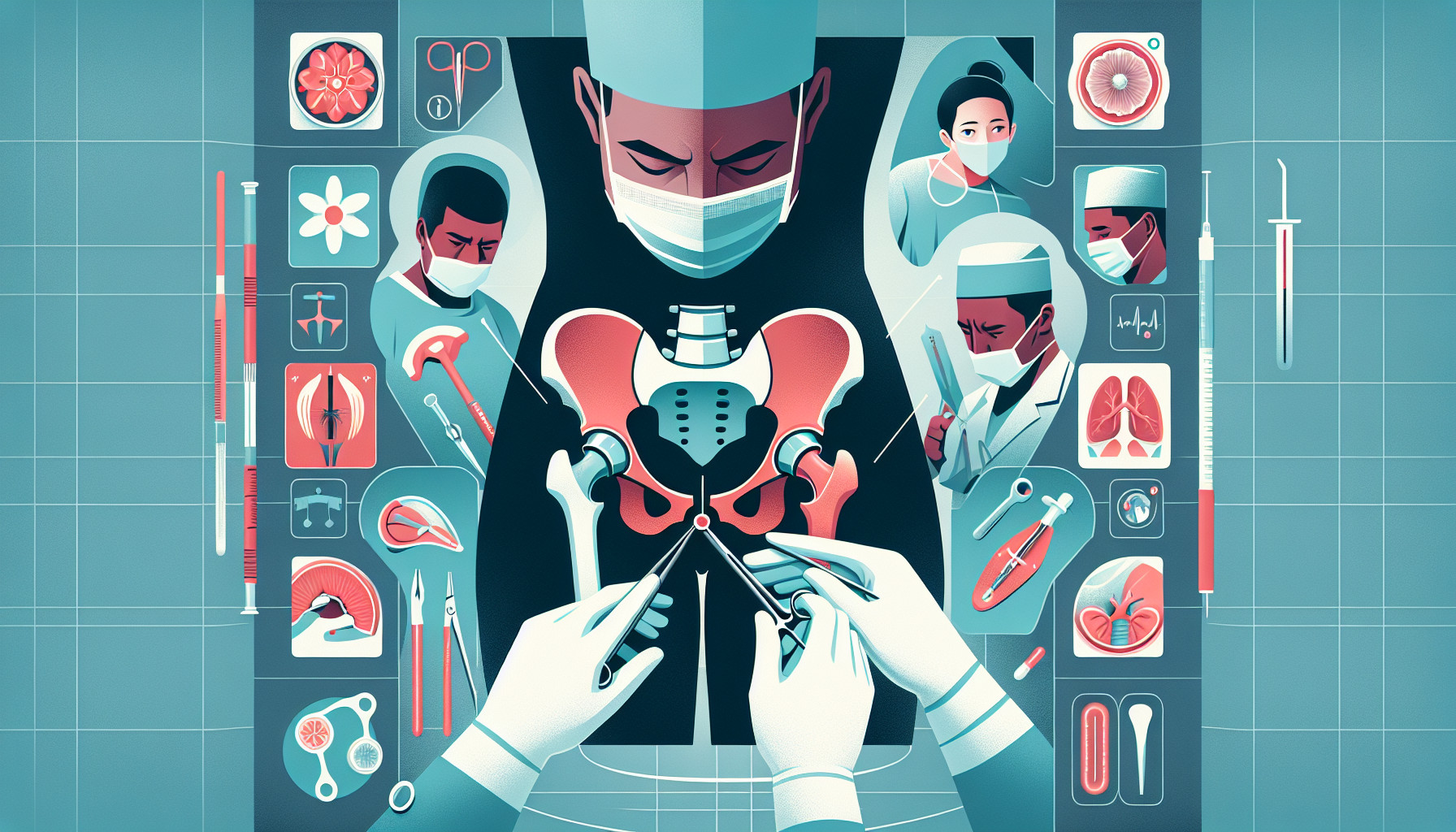Our Summary
This study looked at the needs of Chinese patients who were recovering from hip replacement surgery at home. They interviewed 21 patients to find out what they needed and experienced during their home-based recovery period. From these interviews, they found that patients had three main areas of need: they wanted more information about their health and recovery, they needed care and support, and those who couldn’t look after themselves had additional needs. The patients suggested ways in which their home recovery could be improved. The researchers concluded that patients recovering from hip replacement surgery at home have several needs and often lack proper guidance. They suggested that involving rehabilitation professionals from the beginning and throughout the recovery period, and creating policies based on patients’ needs, could help improve the effectiveness of home-based recovery after hip replacement surgery.
FAQs
- What are the main needs of patients recovering from hip replacement surgery at home according to the study?
- How can the effectiveness of home-based recovery after hip replacement surgery be improved according to the researchers?
- What role do rehabilitation professionals play in the home-based recovery of hip replacement patients according to the study?
Doctor’s Tip
One helpful tip a doctor might give to a patient recovering from hip replacement surgery at home is to follow a structured rehabilitation plan provided by healthcare professionals. This plan may include specific exercises, mobility aids, and precautions to take to ensure a successful recovery. It is important to communicate any concerns or changes in symptoms to your healthcare provider and to attend follow-up appointments as scheduled. Additionally, maintaining a healthy diet, staying hydrated, and getting plenty of rest can also support the healing process.
Suitable For
Patients who are typically recommended for hip replacement surgery are those who have severe hip pain that limits daily activities, have not had success with conservative treatments such as medications and physical therapy, have hip arthritis or other degenerative joint diseases, have hip fractures, or have conditions such as avascular necrosis or hip dysplasia. Additionally, patients who are generally healthy and able to tolerate surgery and rehabilitation are good candidates for hip replacement.
Timeline
Before hip replacement surgery:
- Patient experiences hip pain and limited mobility
- Patient consults with a doctor to discuss treatment options
- Patient undergoes pre-operative tests and evaluations
- Patient receives education on the surgery and recovery process
After hip replacement surgery:
- Patient wakes up in the recovery room and is monitored closely by medical staff
- Patient begins physical therapy and rehabilitation exercises
- Patient is discharged from the hospital and returns home
- Patient continues with physical therapy and follows a prescribed exercise program
- Patient gradually resumes daily activities and regains strength and mobility in the hip
- Patient follows up with the surgeon for post-operative care and monitoring
Overall, the timeline for a patient before and after hip replacement surgery involves a period of preparation, the surgery itself, and a focused recovery and rehabilitation process to regain function and mobility in the hip joint.
What to Ask Your Doctor
- What type of hip replacement surgery do I need, and why is this the best option for me?
- What are the potential risks and complications associated with hip replacement surgery?
- What is the expected recovery timeline, and what can I expect in terms of pain management and mobility during this time?
- What kind of physical therapy or rehabilitation will I need after surgery, and for how long?
- How can I best prepare my home environment for a smooth recovery after surgery?
- What restrictions or limitations will I have after surgery, and for how long?
- What signs or symptoms should I watch out for that may indicate a complication or issue with my hip replacement?
- How often should I follow up with you after surgery, and what should I expect during these appointments?
- Are there any specific lifestyle changes or measures I should take to ensure the long-term success of my hip replacement?
- Can you connect me with any resources or support groups for patients undergoing hip replacement surgery?
Reference
Authors: Chen J, Zhu X, Jiang J, Qi Y, Shi Y. Journal: PLoS One. 2019 Jul 26;14(7):e0220304. doi: 10.1371/journal.pone.0220304. eCollection 2019. PMID: 31348814
